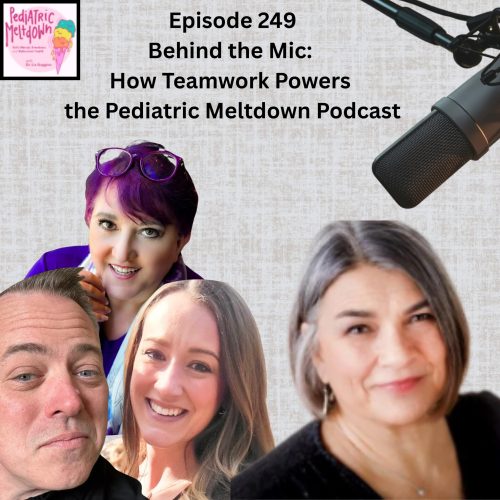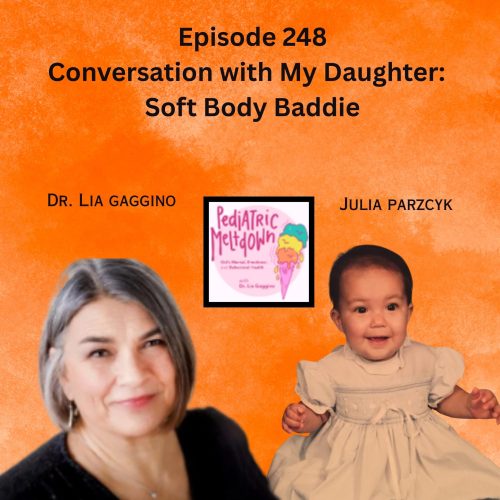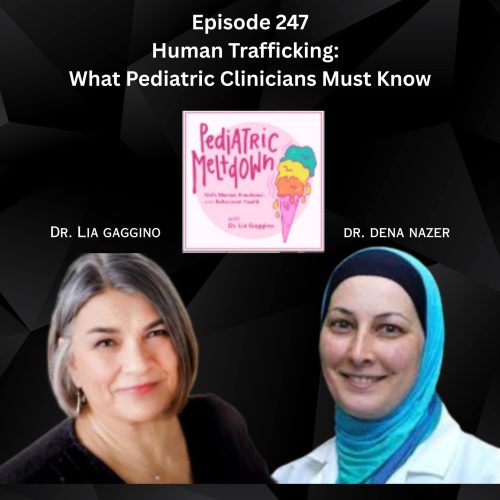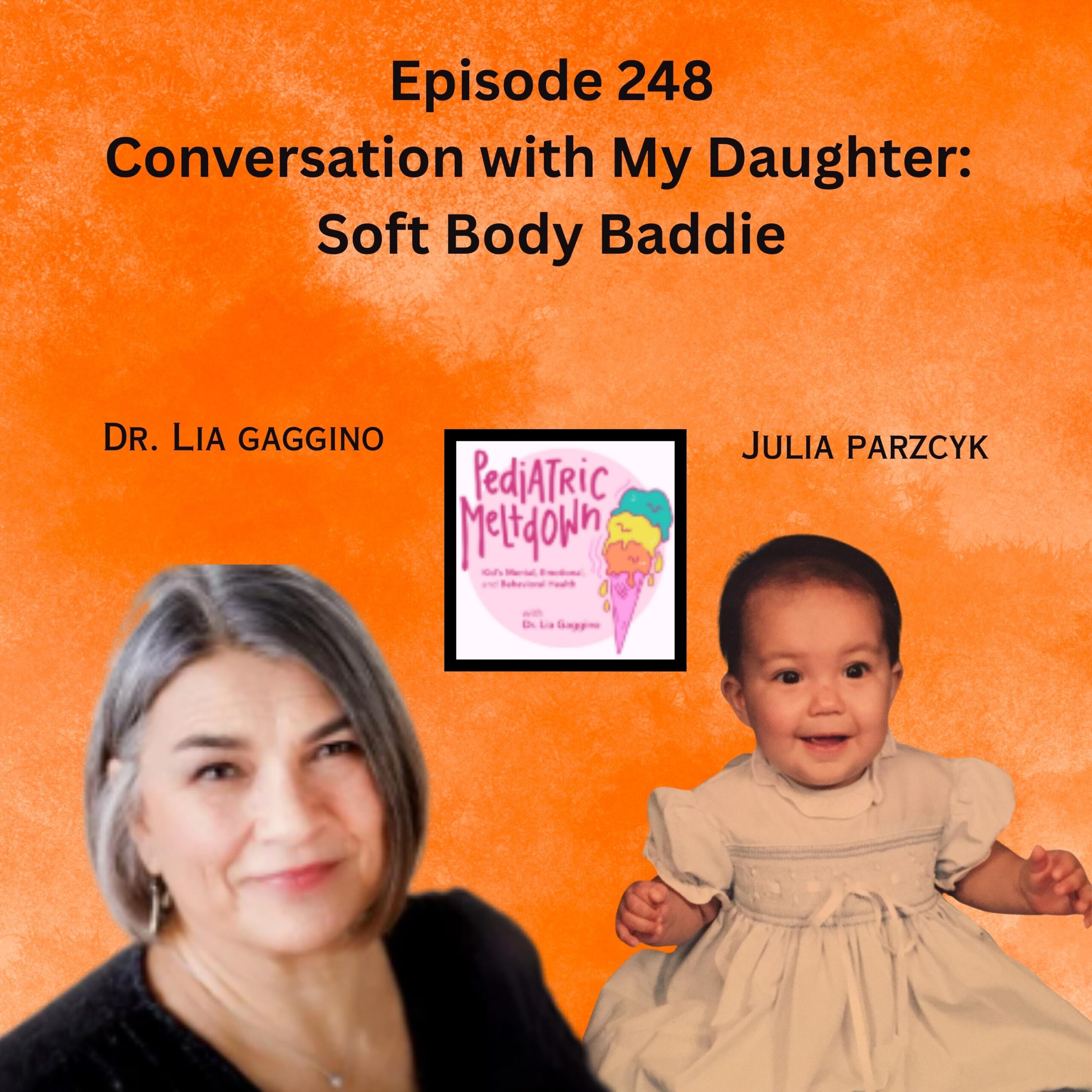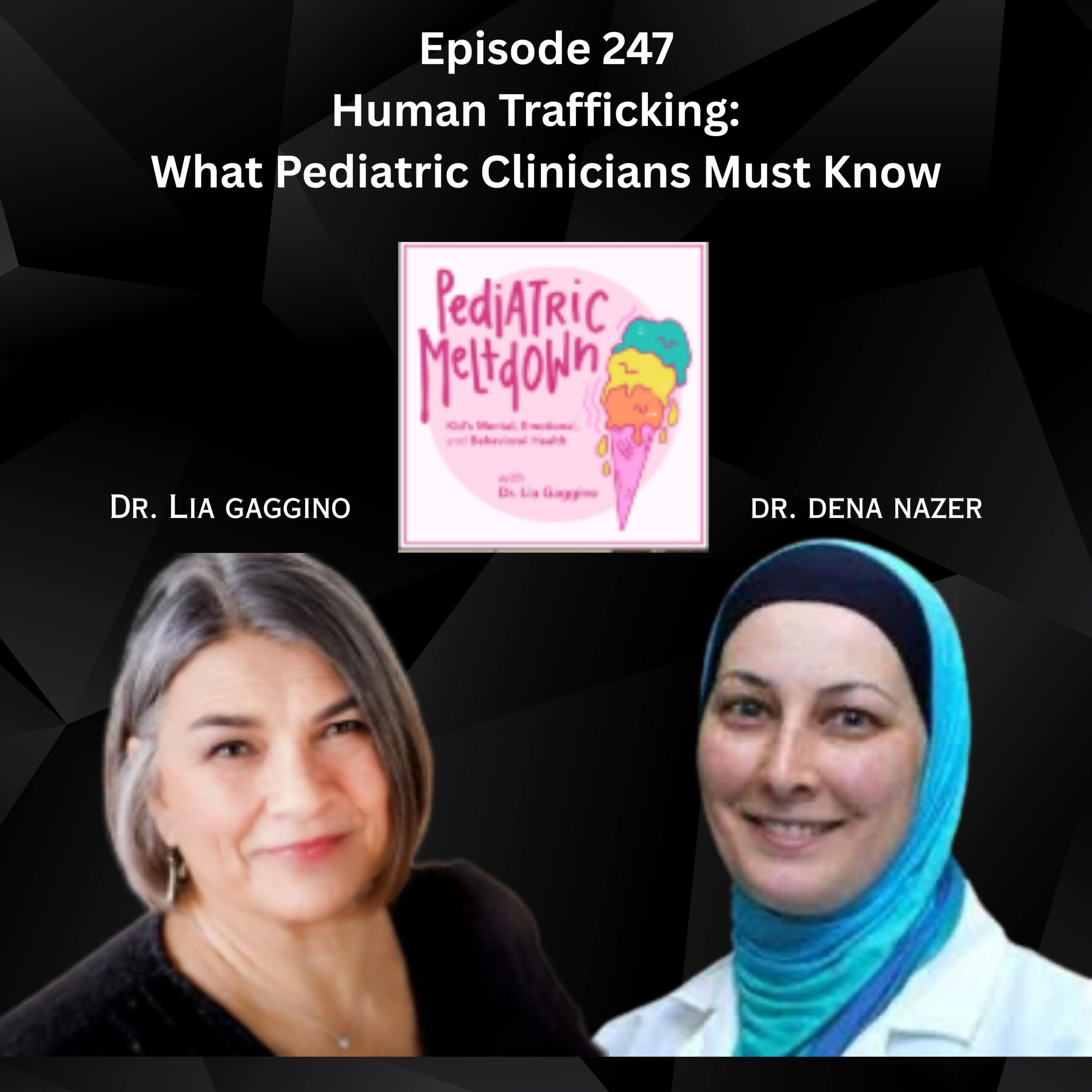The medical world is accomplishing great things; for example – Rapid Whole Genome Sequencing. A cutting-edge concept that has cut diagnoses of rare diseases from weeks and months to days and hours. It’s called Project Baby Deer and it’s focused on implementing evidence-based precision medicine and pediatrics to facilitate rapid whole genome sequencing for sick inpatients, neonates and children across the state. The project was born out of a collaboration between Dr. Caleb Bupp, Dr. Andrea Scheurer and Dr. Joseph Fakhoury. Your host, Dr. Lia Gaggino talks with these 3 clinicians about this groundbreaking initiative that is helping to provide better care for children across the state. If you know someone who is in medical school, you’ll need to share this episode with them.
[00:33 -28:07] Intros / What is Rapid Whole Genome Sequencing?
- Michigan’s “Baby Deer” project was designed after California’s “Baby Bear” project.
- The genetic code is made up of billions of adenine (A), cytosine (C), guanine (G) and thymine (T)
- Variations in the code is what makes us unique.
- In the past, sequencing was expensive and slow, but technology has made it faster and cheaper.
- Entire genetic code can be sequenced in hours with accurate results.
[28:08- 35:40] Benefits of Genetic Testing for Children
- Genetic testing can provide important information about a child’s risk of developing a particular health condition in the future.
- Genetic testing is faster and cheaper than ever before.
- Genetic testing can help reduce the cost of care by providing more accurate diagnoses and treatments.
- It can also help identify inherited traits and conditions that could affect a child’s health.
- Knowing the cause of a medical issue helps make better decisions on how to treat it
[35:41 -46:04] The Benefits of Collaboration
- Bronson and DeVos hospitals collaborated to develop a comprehensive consent process, as well as a system for sharing and analyzing the data.
- The two hospitals have also developed a system for follow-up care, ensuring that any positive results are followed up on and that any negative results are discussed with the family.
- The collaboration between Bronson and DeVos has made rapid WGS accessible to more families and has helped to improve the quality of care for those families.
- Although the cost is a main barrier to expansion, the collaboration between the two hospitals will provide rapid WGS to patients in need.
[46:05 – 1:02:49] What is Rare Disease Day?
- Rare Disease Day is the last day of February, the rarest day of the year.
- It is a day to raise awareness and hope for the 300 million people worldwide who live with a rare disease.
- It is a day to highlight the need for research, support, and advocacy for these diseases.
- It has been happening every year since 2008.
[1:02:50 – 1:08:48] Closing segment Takeaway.
You can reach Dr. Joseph Fakhoury
Facebook: Joe Fakhoury | Facebook
Instagram: @jfakhoury.515
LinkedIn: Joseph Fakhoury | LinkedIn
You can reach Dr. Andrea Scheurer
Facebook: Andrea Scheurer Monaghan | Facebook
Instagram: @amsmonaghan
LinkedIn: andrea scheurer-monaghan
Twitter: @ascheurermd / Twitter
You can reach Dr. Caleb Bupp
LinkedIn: caleb bupp | Search | LinkedIn
@raredeseaseday
#raredeseaseday
Links to resources mentioned on the show.
Project Baby Deer: https://www.mha.org/issues-advocacy/project-baby-deer/
Breaking Barriers to Rapid Whole Genome Sequencing in Pediatrics: Michigan’s Project Baby Deer https://doi.org/10.3390/children10010106
Rapid Genome Sequencing: Consent for New Technologies in the Neonatal Intensive Care Context:
Other episodes you may like:
Episode #126
Key quotes for Twitter:
“The name Project Baby Deer was really modeled after a California project entitled Project Baby Bear” – Dr. Andrea Scheurer
“We now have the ability to use genetic testing and to use genetic testing that comes back fast to make diagnoses” – Dr. Caleb Bupp
“She (Dr. Scheurer) reached out to me and a couple other subspecialists just to sort of gauge our interest. And I dove right in…” – Dr. Joseph Fakhoury
THANK YOU FOR YOUR SUPPORT!
Pediatric Meltdown was listed as a Top 20 Pediatric Podcast on FeedSpot.
If you’d like to connect with me, you can Tap the “What Are Your Thoughts” button at the top of the notes or you can find me on LinkedIn, Facebook, Instagram, and Twitter, or email me at gagginol@medicalbhs.com or gagginol@yahoo.com. To learn more about me visit https://www.medicalbhs.com/
LOVE WHAT YOU HEARD? Leave us a 5-star review so we can continue to provide you with great content. Share this episode and help people know more about children’s health and well-being.



